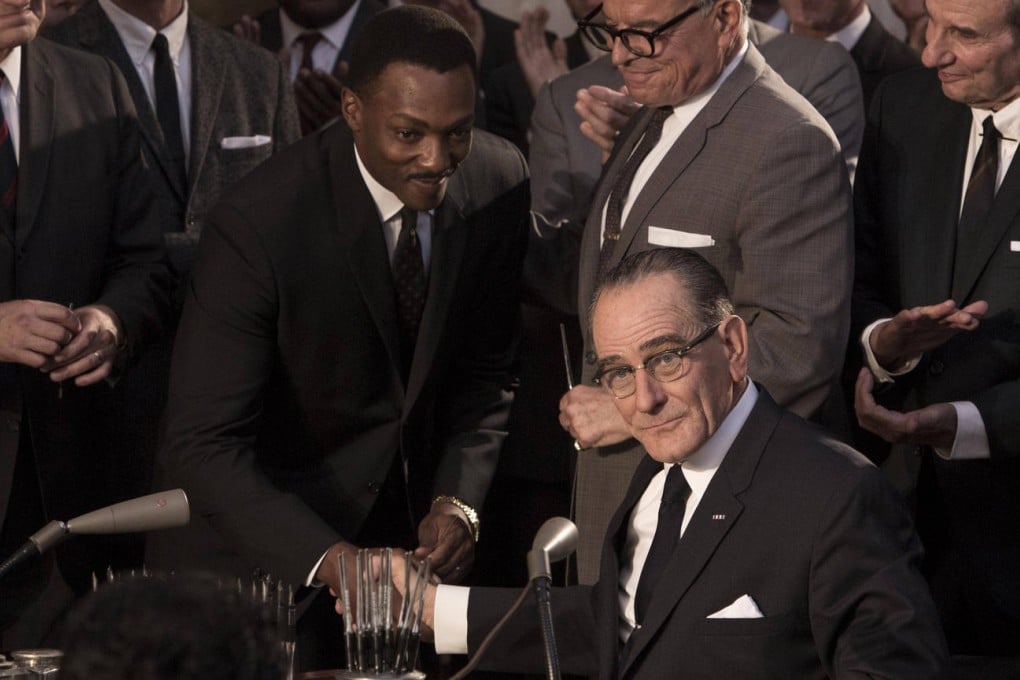Bryan Cranston, Anthony Mackie on playing LBJ, Martin Luther King in All the Way
The writer and lead actors in All the Way talk to Teresa Bergen about the HBO film, which tells how Lyndon Johnson, who became president of the United States after John F. Kennedy was assassinated, worked with King to pass the Civil Rights Act

Writer Robert Schenkkan and actors Bryan Cranston (as Lyndon B. Johnson) and Anthony Mackie (as Martin Luther King) talk about their HBO film All the Way, which tells how Johnson, who became president of the United States after John F. Kennedy was assassinated, worked with King to pass the Civil Rights Act.
Schenkkan: "He absolutely was down for this cause. But he was a very, very complicated fellow. One of my favourite descriptions of him is by [American political commentator] Bill Moyers, which was that, 'The 11 most interesting people I ever met was Lyndon Johnson.' And if you asked any of the individuals who have worked with him over the years, they would say something like, 'He was the kindest, cruelest, most selfless, selfish son of a bitch, warm-hearted, family, conniving, lying, decent man I ever met,' and they wouldn't be lying."

Cranston: "You do have an added responsibility, from an actor's standpoint, when you're playing a non-fictional character. Fortunately, for me, there was a plethora of source material and biographies by many different people which you become a student of. And you start cracking the books and talking to people. And there were many, many people alive and well who were willing to consult with me, and also with the story as a whole. Going down to the Johnson Library [at the University of Texas at Austin] a couple of times, they allowed me to be locked inside. I spent six, seven hours at a time by myself, looking."

Mackie: "I have been asked to play Martin Luther King and toyed with the idea a bunch. But I knew, as an individual and as an actor, I wasn't ready. And every script I had read, it wasn't the Martin Luther King that I knew. This was the first time I read a script where I felt like the writer actually got the essence of who Martin Luther King truly was. I feel like, if you look at somebody at that point in time, what he was undergoing in that movement, that man was not a pushover, and this was the first time I saw Martin Luther King as not being a pushover."